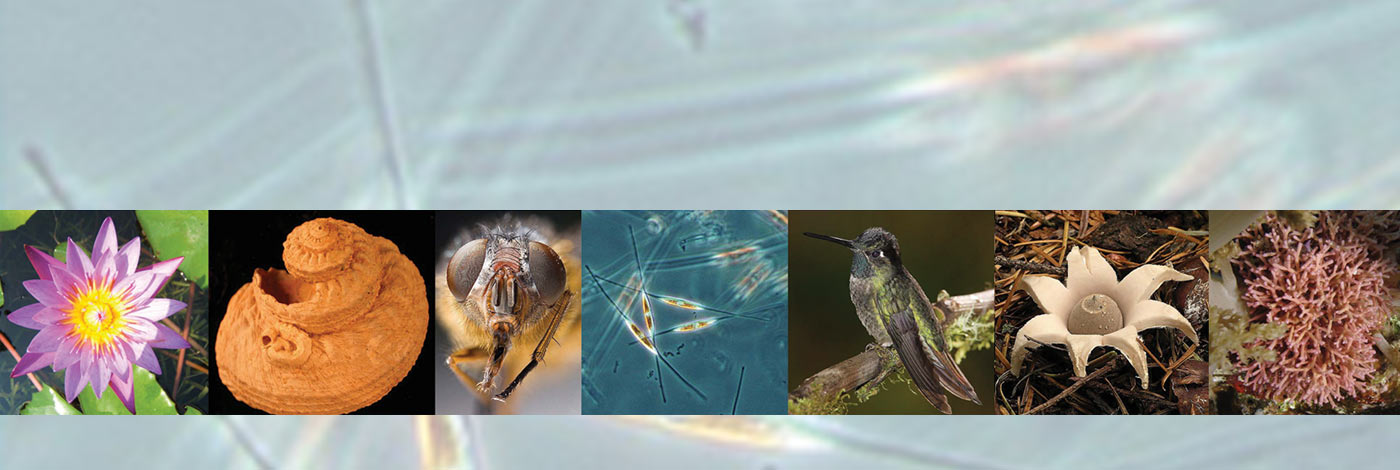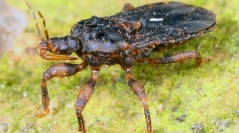

 European Journal of Taxonomy
2017 (341) - Pages 1-118 (EJT-341)
European Journal of Taxonomy
2017 (341) - Pages 1-118 (EJT-341)The cryptic assassin bug subfamily Physoderinae is characterized by a distinctly uneven species and genus-level diversity across continents, but the lack of a phylogeny has so far precluded investigations into the biogeographic history of the group. Endemic Madagascan Physoderinae (11 of the 15 genera) exhibit broad morphological diversity, but the large (38 spp.) and seemingly uniform genus Physoderes is widely distributed across the Oriental and Australasian regions. The three remaining genera are small or even monotypic and restricted to the Neotropical (Cryptophysoderes, Leptophysoderes) and Afrotropical (Porcelloderes) regions. To investigate relationships among Physoderinae, with emphasis on the monophyly of the Madagascan fauna and the monophyly of Physoderes, we conducted a cladistic analysis based on 57 morphological characters and complete genus-level taxon sampling. We found that the Madagascan fauna is not monophyletic, indicating that the island was colonized more than once, although the great majority of Madagascan taxa are part of a single clade. Overall relationships are recovered as Afrotropical Porcelloderes + [(Neotropical Cryptophysoderes, Leptophysoderes) + (Madagascan, Oriental and Australasian taxa)]. Physoderes is shown to be polyphyletic and 3 new genera, Breviphysoderes gen. nov., Macrophysoderes gen. nov. and Nanophysoderes gen. nov., are erected to accommodate new species and several species previously classified as Physoderes. A taxonomic revision of Physoderes and allied genera is conducted. Diagnoses, updated distribution ranges, habitus and genitalic images, and identification keys are provided. A total of 17 synonymies are given, and 15 new species and 3 new genera are described, focusing on the diversity of Physoderinae in the Oriental and Australasian regions. The new species are Breviphysoderes fulvopicta gen. et sp. nov., B. tenebrosa gen. et sp. nov., Macrophysoderes cirripilosa gen. et sp. nov., M. elongata gen. et sp. nov., M. finisterre gen. et sp. nov., M. grandis gen. et sp. nov., Paraphysoderes popeye sp. nov., Physoderes anamalaiensis sp. nov., P. brevipennis sp. nov., P. minime sp. nov., P. muluensis sp. nov., P. mysorensis sp. nov., P. nigripennis sp. nov., P. ractepilosa sp. nov. and P. tricolor sp. nov.
Assassin bugs, systematics, diversification, radiation, Madagascar.